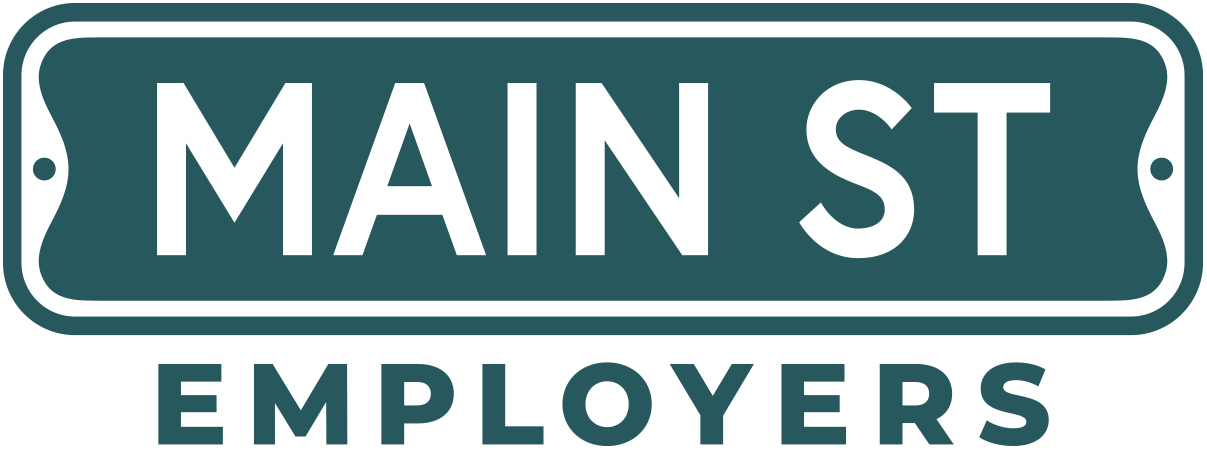Who We Are
The Main Street Employers Coalition is comprised of national trade groups representing individually- and family-owned businesses, whose members employ millions of private sector workers in every community and every industry, including contractors, engineers, retailers, manufacturers and more.
Issues & Advocacy
Contact Us
We’d love to hear from you. We’re on social media, if you have a quick question or if you just want to say hi. For business inquiries feel free to call, email or use the contact form to the right. We can’t wait to hear from you soon!
info@mainstreetemployers.org



